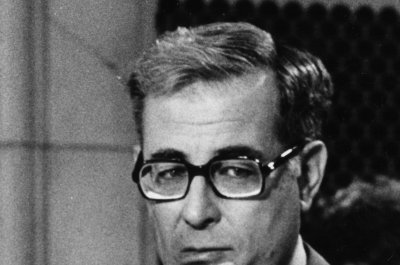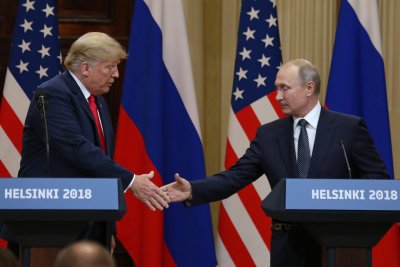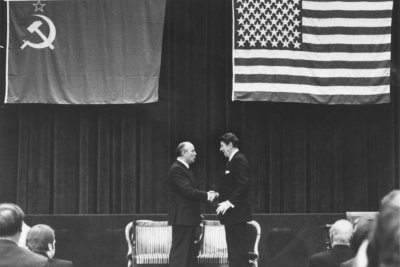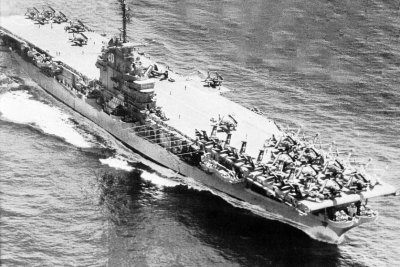Topic: Leonid Brezhnev
Brezhnev Era Death and funeral Legacy
Leonid Ilyich Brezhnev (Russian: Леони́д Ильи́ч Бре́жнев (help·info), 19 December 1906 (O.S. 6 December) – 10 November 1982) was the General Secretary of the Central Committee (CC) of the Communist Party of the Soviet Union (CPSU), presiding over the country from 1964 until his death in 1982. His eighteen-year term as General Secretary was one of the longest, second only to that of Joseph Stalin. During Brezhnev's rule, the global influence of the Soviet Union grew dramatically, in part because of the expansion of the Soviet military during this time, but his tenure as leader has often been criticised for marking the beginning of a period of economic stagnation, overlooking serious economic problems which eventually led to the dissolution of the Soviet Union in 1991.
Brezhnev was born in Kamenskoe into a Russian workers' family. After graduating from the Dniprodzerzhynsk Metallurgical Technicum he became a metallurgical engineer in the iron and steel industry, in Ukraine. He joined Komsomol in 1923 and, in 1929, became a member of the Communist Party, playing an active role in the party's affairs. He was drafted into immediate military service during World War II; he left the army in 1946 with the rank of Major General. In 1952 Brezhnev became a member of the Central Committee, and in 1964, Brezhnev succeeded Nikita Khrushchev as First Secretary; Alexei Kosygin succeeded Khrushchev in his post as Chairman of the Council of Ministers.
It uses material from the Wikipedia article "Leonid Brezhnev."














